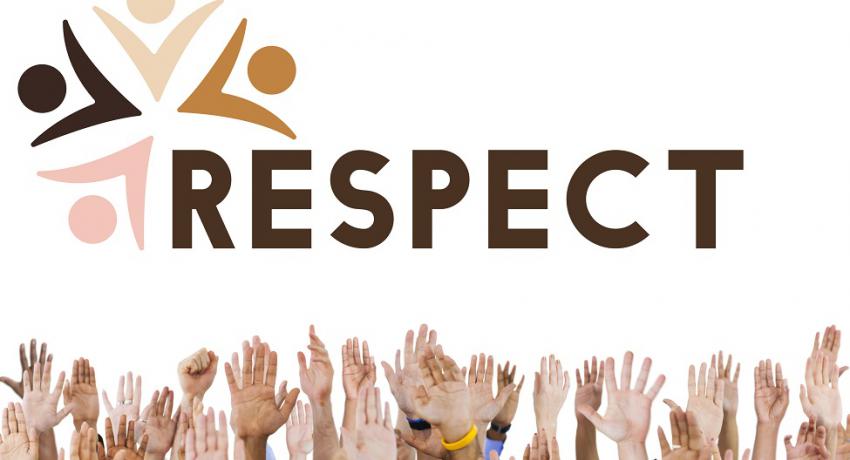In Washington State and around the country, Black, Indigenous and People of Color (BIPOC) are disproportionately impacted by COVID-19. Due to historical underinvestment and systematic racism, BIPOC communities experience health, economic and social inequities, such as higher likelihood of having underlying medical conditions or performing essential work outside of the home. That’s why it’s critical to lead our work at DCYF with a racial equity and social justice frame. This helps to transform underlying systems and structures, so all communities can thrive.
DCYF is embedding the advancement of racial equity in the Strategic Plan priorities as well as the elimination of disparities in children, youth and family outcomes. As part of this work, programs have been aware of the need to address disparities in their daily actions. DCYF’s Inclusive Racial Equity Change Team (DIRECT) has been discussing what is happening throughout our programs to advance racial equity during this pandemic.
For example, the Contracts Team is seeing a new collective focus addressing diversity in procurements. “It’s becoming one of the main topics that I don’t need to bring up and that other programs are bringing up,” says Contracts Team Manager Rachel Denney.
Information Technology has been working to support virtual applications at DCYF that can enable access and inclusion. We are hearing that parents, caregivers and providers are feeling and experiencing this work in positive ways, which helps enable and improve DCYF’s mission-critical work in the communities we serve. “Until we learn to break down the view that vulnerable families and people we serve are the ‘other’, we won’t be able to impact lives in important and meaningful ways. It’s important that everyone experience positive improvement from touching our systems,” says Betty Hanna from IT. “Seeing leadership on board with this work gives me a lot of hope.”
Addressing racism, biases, dominant culture and privilege is necessary and difficult work that we must engage in. If you have questions, concerns or comments about this important work, please contact Dae Shogren, Evette Jasper and LaToya Holmes-Ware at dcyf.racialequityandsocialjustice@dcyf.wa.gov.

